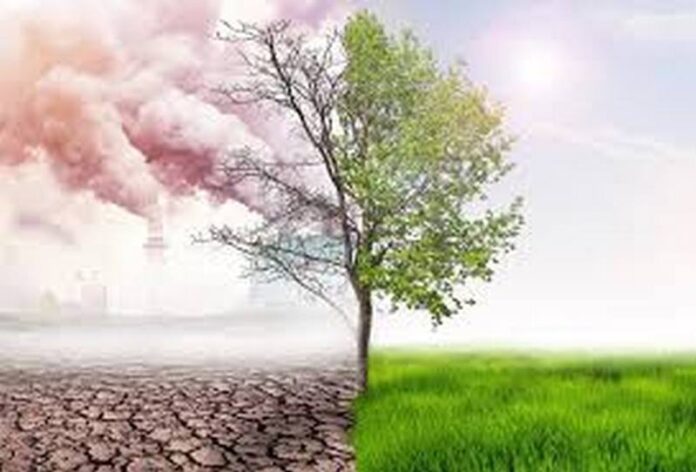In commemoration of World Environment Day, Ghana’s Environmental Protection Authority (EPA) is reaffirming its commitment to ward off practices that threaten the environment and human existence.
Ghana’s forests and urban centres are under threat of irresponsible environmental infractions, including illegal mining, wetlands destruction and growing insanitary practices.
Under its new mandate, the EPA is assuring stringent efforts to safeguard the environment, health and safety of humans and the ecosystem.
Meanwhile, environmental activists and other stakeholders are urging stronger collaboration in restoring Ghana’s ecosystems.
Rapid urbanization without proper city planning continues to threaten the environmental architecture of urban centres with dire consequences on human existence and the ecosystem.
Filth and destruction to forest covers and wetlands continue unabated with climate change impacts.
Ashanti Regional Director of Environmental Protection Authority (EPA), Dr. Jackson Adiyiah Nyantakyi highlights the new mandate of the authority in protecting wetlands in urban centres.
He noted that the agency is empowered to take action when environmental harm threatens public health.
“The Environmental Protection Act, Act 1124, section 165 makes this statement that if in the opinion of the authority, a land or a continuous existence of a project on a particular land poses a serious threat to the public health or even to the environment, the EPA will advise the assembly or maybe encourage them to revert what they have done, so that the environment does not suffer,” he explained.
He spoke during the 2nd Biennial Media Forum on Natural Resources, Environment, Climate Change, and Science, organized by the Media Platform on Environment and Climate Change (MPEC), the Afro-Sino Centre of International Relations (ASCIR), and The Steminist Foundation Ghana.
The forum brought together stakeholders from the media, academia, government and industry players to deliberate on how politics and science play a critical role in ecosystem restoration, with its impacts on human existence and the economy.
Prof. (Mrs.) Mercy Afua Adutwumwaa Derkyi of the University of Energy and Natural Resource (UENR) spoke on the theme: “Ecosystem Restoration: The Politics, the Science, the Human, and the Economy”.
“The intersection of politics, the signs, the economy and humans are unique opportunities for sustainable ecosystem restoration. We say intersection, they are together, can’t separate them. You may try to please one but if you don’t take care it will tilt, so we need to see how best we can manage each of them well and bring them into harmony,” she noted.
The forum reinforced the need for stronger collaboration to ensure that environmental restoration efforts are inclusive, enforceable, and impactful.
Highlighting the critical role of the media, Mrs. Ama Kudom-Agyemang, Executive Director of MPEC, described the media as a catalyst for restoration.
“We see the media as a catalyst for restoration. We are talking about ecosystem restoration, and we believe that media is key when we talk about restoration. We affirm the pivotal role of the media in raising awareness, promoting behavioural change and advocating for policy reforms towards ecosystem restoration in Ghana,” she said.



